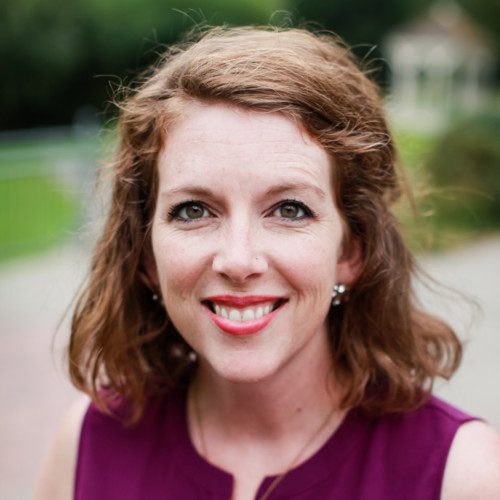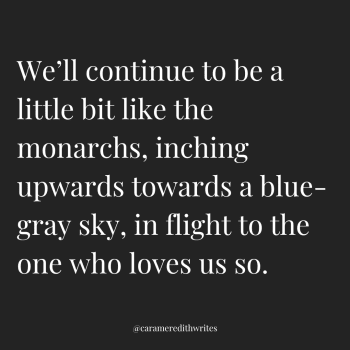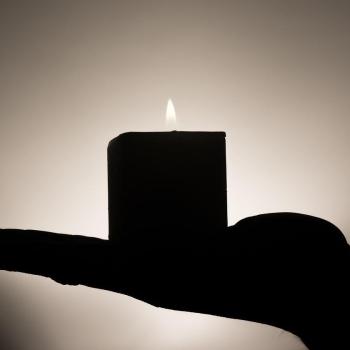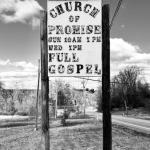I finally picked up a book that’s been sitting on my shelf for awhile:
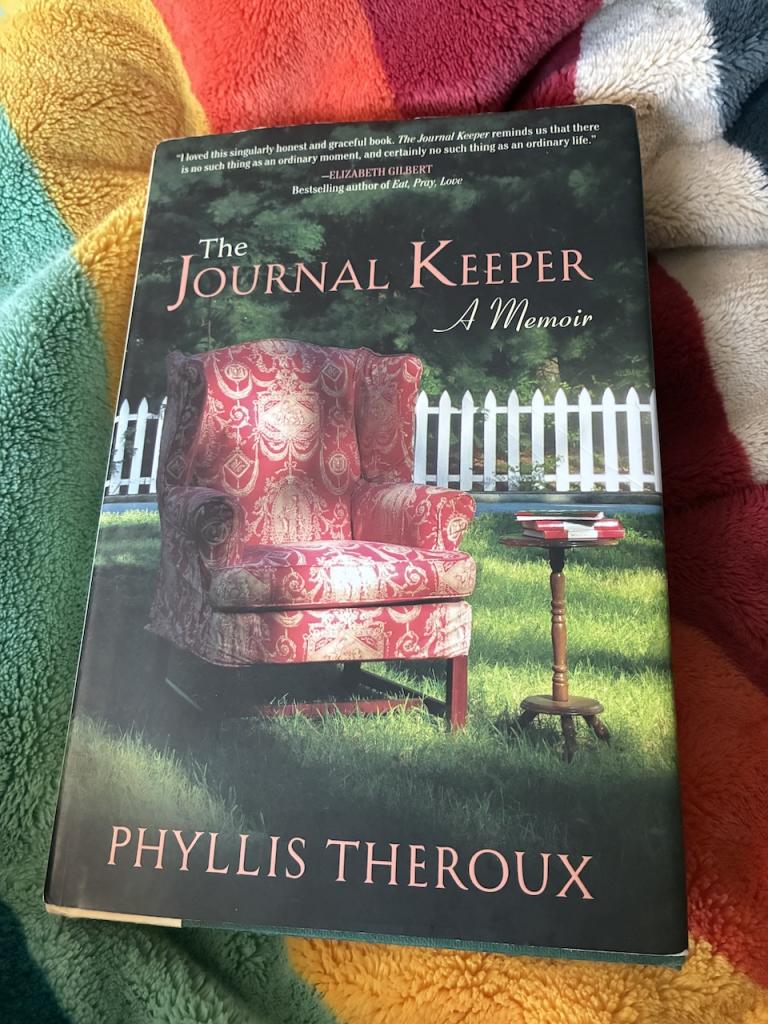
Years ago, when I was trying to figure out what in the world I was going to write for my second book, I kept returning to the idea of a book made up of small snippets and individual essayettes.
I believe this is why another writer friend suggested I read The Journal Keeper by Phyllis Theroux.
The book is just as it sounds: a memoir of a writer who kept on penning words in a journal. Over the course of six years, writer Theroux meticulously kept detailed journals of her life, including life after divorce, raising grown kids, caring for an aging mother, and finding love again.
As a writer, I love reading about other writers lives. There’s a language we speak when it comes to that weird and funky thing called the ever-changing publishing landscape; there’s comfort to be found in sending story ideas out into the world, only to receive a cascade of noes (or worse, and more common, in fact) or no reply at all.
But does every reader want to read about the life of a writer? Most readers, I would argue, really don’t want to hear about this side of the industry at all, nor do they want to read about another rejection, and then, another unpaid bill, and then, another reflection on the hardships of this chosen profession.
Perhaps that’s just me remembering the many examples in manuscript drafts of Church Camp, when readers and editors would gently urge me to use another example, to stop writing about the writing life when this wasn’t really a book on the writing life.
But Theroux’s is a book on the writing life, through the power of one who kept a journal, so readers have to know what they’re getting into — that they’re going to get a dose or two of the writing life along the way.
In that way, here are three quotes I loved from the book, which I’ll add my own thoughts to as well:
On power:
Looking at a huge boulder nearby, I realize that shifts in power are going on all the time, yet the largest ones are so slow in happening we don’t realize it until the transfer is complete (74).
Sometimes, power shifts are very easy to see and sense — take the current administration, for example. From the very first hour in office, the President issued forth a slew of Executive Orders; some of those effects were felt immediately, some are only just now starting to shake out. The effects of that power may have made us feel terribly angry or sad at first (or, perhaps for some humans, utterly elated), but many of us didn’t feel the ramifications of that power shift until months later. I think that’s part of what she’s talking about here.
On prayer:
Why do I have such a feeling about prayer’s efficacy now? Is it because the weak efforts I’ve allowed myself to make have borne fruit? Is there a connection? What I felt as I lay there silently, wordlessly, asking for virtues I do not have, was hope (248).
Prayer is something I don’t always know how to write about …and I’m what they call a professional Christian. In all honesty, just as my relationship to God and religion as a whole has changed over the years, so has my relationship with prayer. Prayer is no longer something I spend hours poring over in my journal or something that I spend hours skinning my knees over (this a phrase I used to wear with pride over all the praying I was doing on behalf of other people). Instead, prayer is often now a nudging, an invitation to speak blessing over when a face pops into my mind, when a situation has me worried or upset. Perhaps like Theroux, prayer is also, oftentimes hope — hope that the upside-down things of the world would be turned right-side up once again, hope that all will be made well.
On life:
Later, helping my friend Elizabeth write a commencement speech, I stumbled across a thought in my mind: Use your life to illuminate something larger. That’s it. That’s what we’re all called to do (270).
I know, I know, the quote kind of feels like a send-off message from a high school graduation commencement speaker, but also? Perhaps we are to use our lives to illuminate something larger. We illuminate love (and as some readers can attest, some of us also illuminate Love with a capital “L”); we illuminate kindness and compassion, humility and respect, along with a thousand other illuminations that our bigger than our little human selves will ever be.
So, there you go. Have you read The Journal Keeper yet? Will you pick it up after reading this short post? Leave a comment and let me know!
*Post contains Bookshop links.


